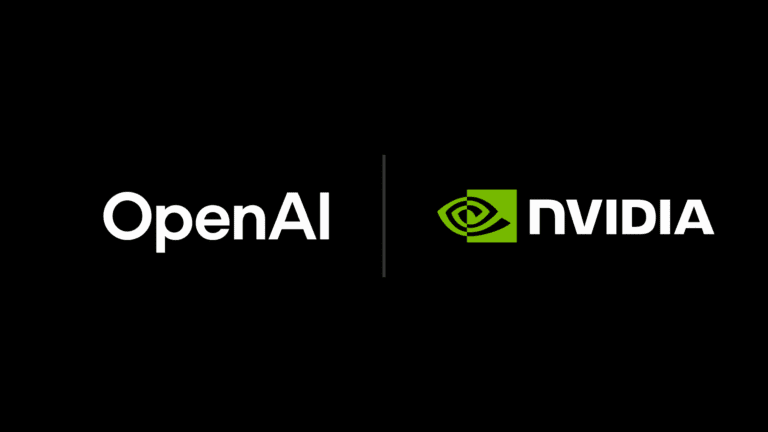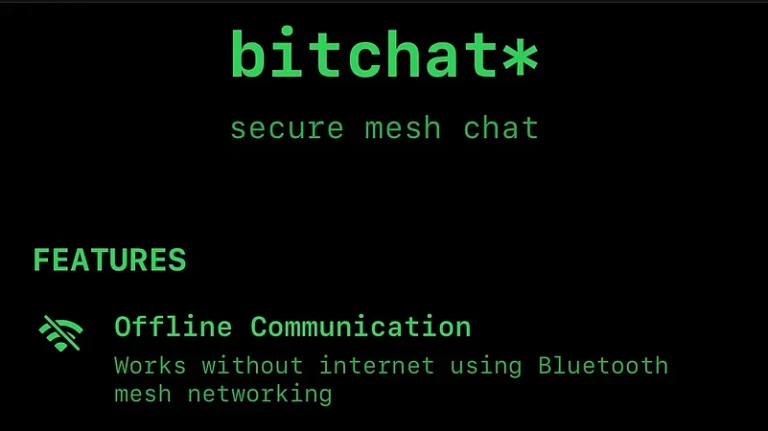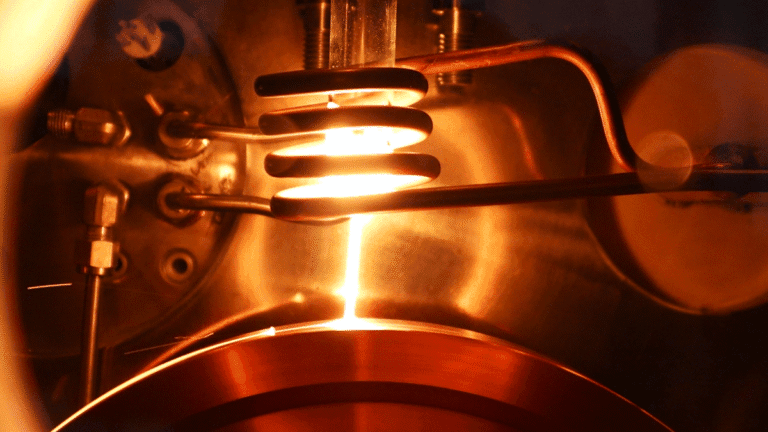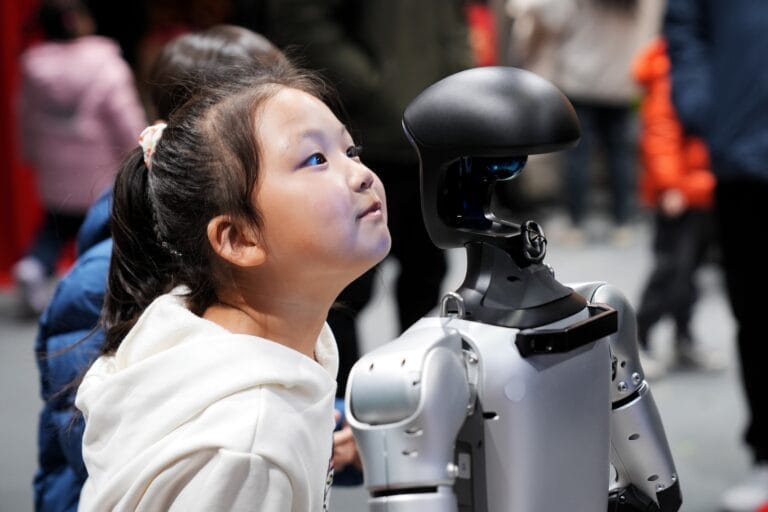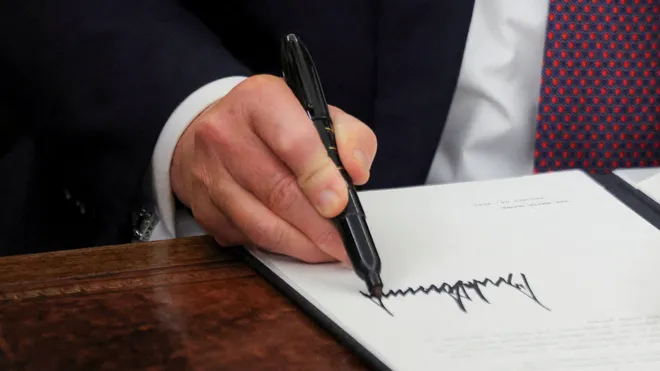
Trump Revokes Biden’s AI Safety Order, Sparking Debate Over Regulation vs. Innovation
Washington, D.C. — In a move intensifying the national debate over artificial intelligence governance, former President Donald Trump revoked a 2023 executive order signed by President Joe Biden that aimed to mitigate risks posed by rapidly evolving AI technologies. The decision, announced Monday, underscores a stark divide in how U.S. leaders approach balancing innovation with safeguards for consumers, workers, and national security.
Biden’s AI Order: A Bid to Rein In Risks
Biden’s now-defunct executive order, issued amid congressional gridlock on AI legislation, mandated that developers of high-risk AI systems share safety test results with the federal government before public release. These requirements applied to AI models threatening U.S. national security, economic stability, public health, or safety, leveraging the Defense Production Act to enforce compliance. The order also tasked agencies with establishing testing standards and addressing risks linked to chemical, biological, nuclear, and cybersecurity threats.
Proponents argued the measure was critical to preventing harm from AI tools capable of spreading misinformation, displacing jobs, or enabling malicious attacks. “We cannot afford to let AI outpace our ability to manage its consequences,” Biden stated when unveiling the policy.
Trump’s Repeal: A Push for “Unshackled” Innovation
Trump’s reversal aligns with the 2024 Republican Party platform, which condemns Biden’s regulations as bureaucratic overreach stifling American competitiveness. “Republicans support AI development rooted in free speech and human flourishing,” the platform asserts, framing deregulation as essential for maintaining U.S. leadership in the global tech race.
The Trump campaign released a statement claiming the repealed order “prioritized fear over ingenuity,” adding that “innovation thrives when government steps back, allowing entrepreneurs to pioneer the future.” Critics, however, warn that dismantling safeguards could expose the public to unchecked AI risks, from deepfake-driven disinformation to biased algorithms.
Generative AI: Excitement vs. Ethical Concerns
The policy shift arrives as generative AI—a technology capable of producing text, images, and videos from simple prompts—fuels both optimism and anxiety. While tools like ChatGPT and image generators promise breakthroughs in industries like healthcare and education, concerns persist about their potential to disrupt labor markets, erode privacy, and amplify fraud.
“AI’s promise is immense, but so are its pitfalls,” said Dr. Alicia Chen, a tech ethics researcher at Stanford University. “Without guardrails, we risk normalizing systems that operate opaquely and disproportionately harm vulnerable communities.”
Industry Reactions and Export Curbs
Trump’s decision follows another contentious move by the Biden administration: new Commerce Department restrictions on exporting advanced AI chips and technologies to countries like China. Firms such as Nvidia, a leading chipmaker, criticized the rules, arguing they could hinder U.S. firms’ global market share.
Notably, Trump left intact a separate Biden executive order issued last week to streamline federal support for AI infrastructure. That directive calls for leasing Defense and Energy Department sites to meet surging energy demands from AI data centers—a nod to the technology’s vast computational needs.
The Road Ahead: Regulation in a Divided Landscape
The repeal of Biden’s AI order highlights the partisan rift over tech governance. Democrats and advocacy groups stress the need for proactive oversight, while Republicans and many Silicon Valley leaders advocate for minimal interference. With Congress still stalled on comprehensive AI legislation, the regulatory void may deepen uncertainty for developers and consumers alike.
As the 2024 election looms, AI policy is poised to remain a flashpoint. For now, the nation’s approach to this transformative technology hinges on a fundamental question: Can innovation and safety coexist, or will one inevitably eclipse the other?
